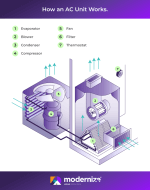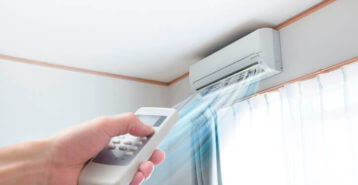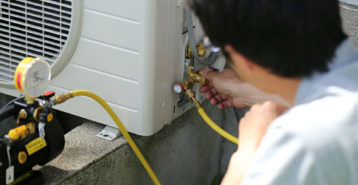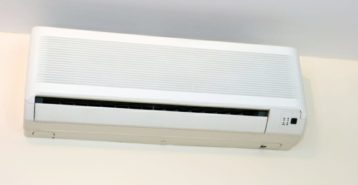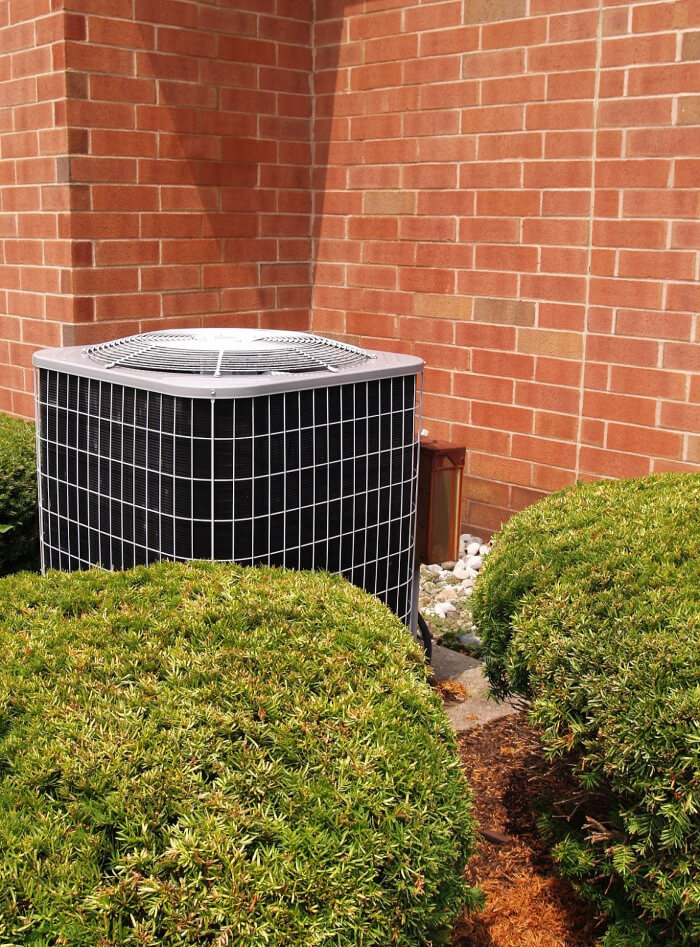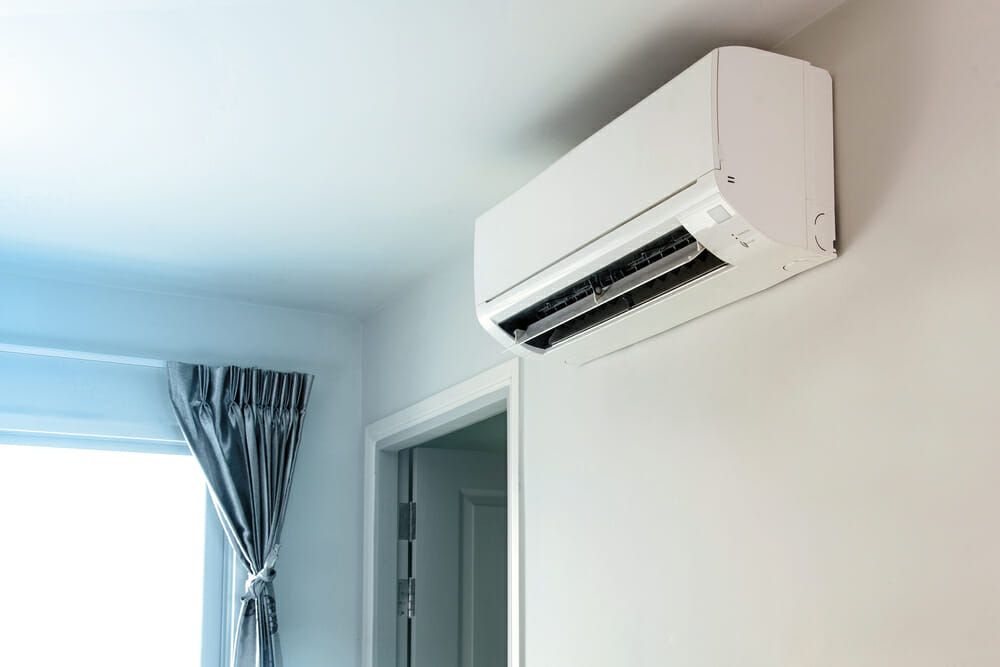What to Know About Replacing Your AC Compressor
Replacing the compressor in your central air conditioning system can be a big investment, but it’s often necessary to keep your home cool and energy-efficient. The compressor plays a crucial role by moving refrigerant through the system to maintain proper cooling. If it stops working, understanding the typical AC compressor cost and what affects pricing can help you plan and budget with confidence.
What Is an AC Compressor?
The AC compressor is the heart of your cooling system. It pumps refrigerant between your indoor and outdoor units, pulling heat from inside your home and releasing it outside. This process is what keeps your space cool and comfortable, especially during the hottest months.
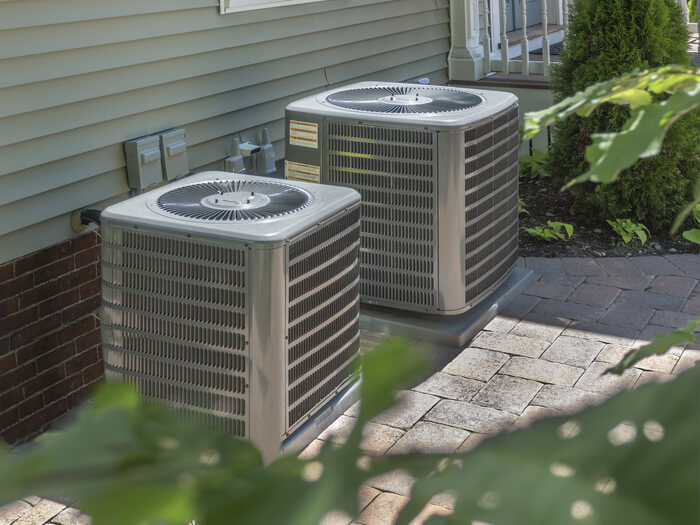
How Does an AC Compressor Work?
The AC compressor sits in the large outdoor unit of your central air system. It works with parts like the evaporator coil, condenser coil, and fans to keep your home cool and comfortable. Its main job is to compress refrigerant — a chemical that absorbs and releases heat as it changes from liquid to gas and back again.
Here’s a simple breakdown of how the process works:
- Heat Absorption: Warm air from inside your home is pulled into the system and passes over the evaporator coils. The refrigerant inside absorbs that heat, turning into a low-pressure gas.
- Compression: Next, the compressor squeezes that low-pressure vapor, raising its temperature and pressure. This step is key to helping the system release heat later in the cycle.
- Heat Release: The hot, high-pressure refrigerant moves to the condenser coil outside. A fan blows over the coil, releasing heat into the air. As it cools, the refrigerant changes back into a liquid.
- Cooling Cycle Repeats: The cooled refrigerant heads back inside to the evaporator coil, ready to absorb more heat. This loop continues until your home reaches your desired temperature.
Why the Compressor Matters
Without a working compressor, your AC system can’t cool your home efficiently. If it fails due to age, wear, or issues like low refrigerant, the cooling cycle breaks down. That can lead to higher energy bills, less comfort, and even bigger repairs. Knowing how it works can help you spot problems early and understand what impacts AC compressor costs if a replacement is needed.
How Much Does a Replacement AC Compressor Cost?
The cost to replace an AC compressor typically ranges between $1,200 to $2,600, including parts and labor. This price can vary depending on the size of your unit, the type of compressor needed, and the complexity of the installation. For example:
- Residential AC Compressor Replacement: $1,200 – $2,600
- Commercial AC Compressor Replacement: $2,500 – $5,000 or more
- Labor Costs: $75 – $150 per hour
Factors That Influence Your Costs
The size of your home is the main factor that determines overall AC compressor costs. Bigger homes require larger air conditioning units, which require larger compressors.
Replacing your AC compressor isn’t a one-size-fits-all job. Several factors can affect the final price, and knowing what to expect helps you stay ahead of the curve.
- System Size and Power: Bigger home? Bigger system. Compressors for 3- to 5-ton units usually cost more than those for smaller setups because they need to work harder to cool your space.
- Compressor Type Matters: Not all compressors are created equal. Scroll and rotary models are common, but high-efficiency variable-speed compressors, while more expensive, can help cut long-term energy costs.
- Brand and Warranty Perks: Going with a trusted brand may cost a bit more upfront, especially if it includes an extended warranty. But better performance and reliability can pay off down the road.
- Refrigerant Compatibility: Older systems that use R-22 may be harder and more expensive to service since this refrigerant is being phased out. Newer systems using R-410A are more eco-friendly and typically easier to maintain.
- Labor and Setup Time: Replacing a compressor usually takes about 4 to 6 hours. But if your system is hard to reach or needs extra work, labor costs can go up.
Understanding these factors gives you a clearer picture of what influences AC compressor costs, and helps you plan smarter for your home’s cooling needs.
AC Compressor Warranties and Costs
If your AC compressor needs replacing, there’s a good chance it’s still under warranty. Many central air systems come with a limited parts warranty, so you may only be responsible for labor and installation costs.
Most manufacturers offer warranties that last 10 to 15 years, but coverage varies. To keep your warranty valid, make sure you:
- Register your system shortly after installation.
- Keep up with regular maintenance from a licensed technician.
Skipping these steps could void the warranty, meaning you’ll pay the full AC compressor replacement cost out of pocket.
Signs Your AC Compressor May Need Replacing
Wondering if your compressor is on its last leg? Here are a few red flags to watch for:
- Warm Air From Vents: If your AC is running but blowing warm air, the compressor might not be circulating refrigerant properly.
- Frequent Breaker Trips: An overworked or faulty compressor can trip your circuit breaker repeatedly. This points to an electrical issue that needs fast attention.
- Strange Noises: Grinding, rattling, or hissing from the outdoor unit often means internal compressor parts are worn or damaged.
- Weaker Airflow and Poor Cooling: If your HVAC system struggles to cool your home or airflow feels weak, the compressor may be underperforming.
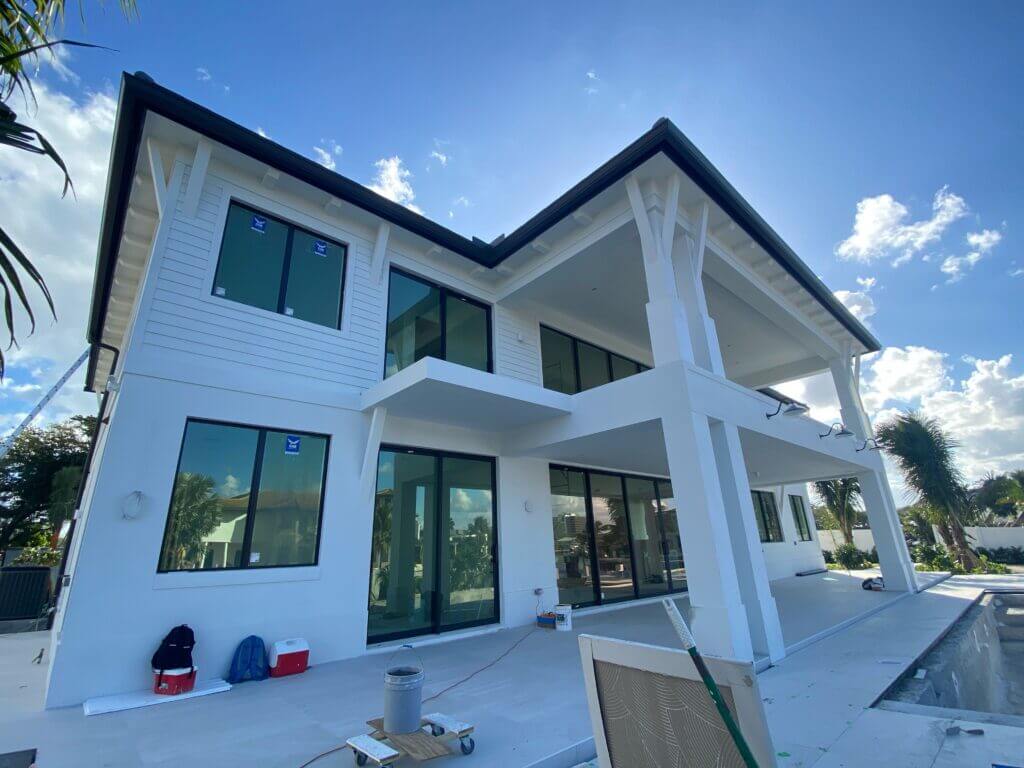
Repair vs. Replacement: Which Is More Cost-Effective?
Trying to decide between fixing your compressor or replacing the entire system? Consider your unit’s age, warranty coverage, and how much each option will cost in the long run. If your system is still under warranty, a repair could be the smarter move. But if the unit is old and showing signs of wear, replacing it might save you money and energy over time.
- Age of the System: If your AC is more than 10 years old, a new system could be more efficient and cost-effective than replacing just the compressor.
- Repair Costs vs. New System: If the price of a new compressor is more than half the cost of a new air conditioner, replacement may be the better investment — especially for older systems.
- Warranty Coverage: If your compressor is still covered under warranty, you could save significantly on parts, making the repair route more appealing.
Understanding these factors helps you make the best choice when it comes to managing AC compressor costs.
Eight Tips to Save on AC Compressor Costs
You can protect your AC system and your budget by keeping the compressor in good shape. These smart habits can extend your system’s lifespan and reduce the need for major repairs or early replacement.
- Schedule regular maintenance with a licensed HVAC pro.
- Replace your air filters every three months.
- Cut back on excessive central air use when possible.
- Seal windows and doors to prevent cool air from escaping.
- Install a programmable thermostat to avoid overcooling.
- Keep your outdoor unit clean and free of debris.
- Raise your thermostat when you’re away from home.
- Use ceiling and portable fans to help circulate air.
Following these tips can help lower your overall AC compressor cost by reducing wear and tear and improving your system’s performance.
Compare top-rated HVAC pros in your area.
Read real homeowner reviews, explore qualifications, and view promotions. Modernize makes it easy to browse professionals and find one that will be perfect for your project.
